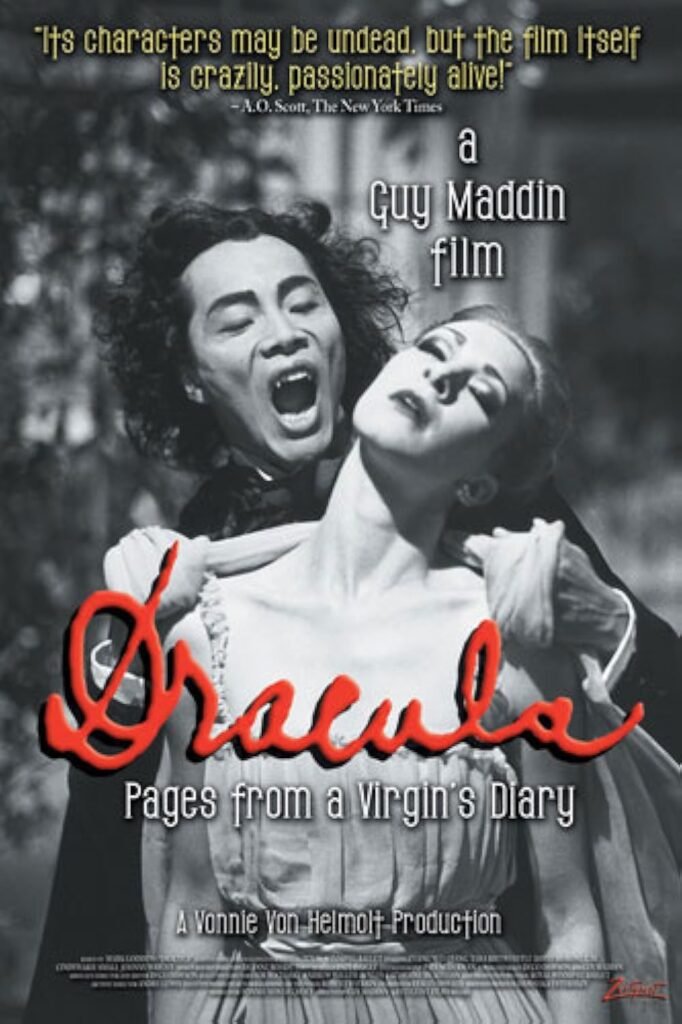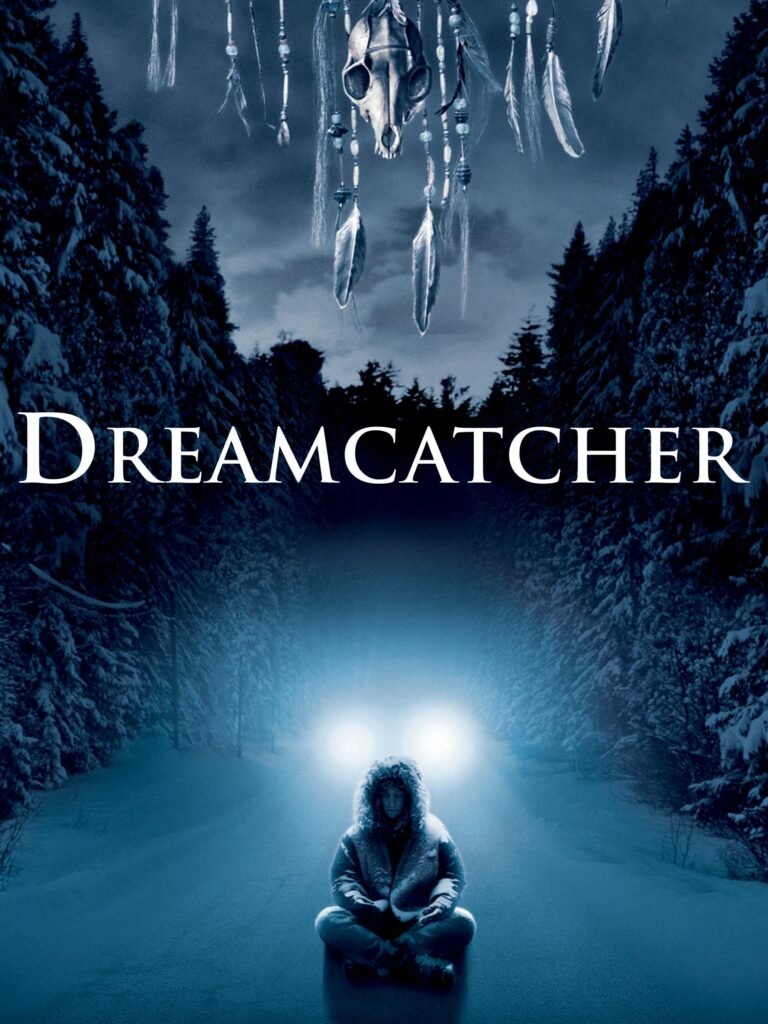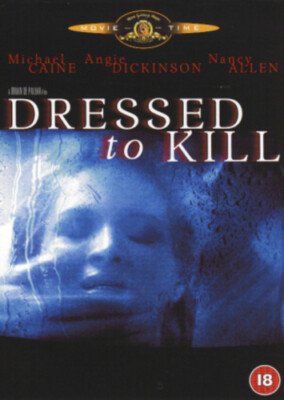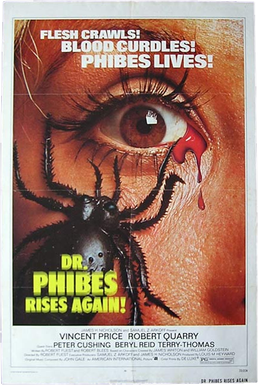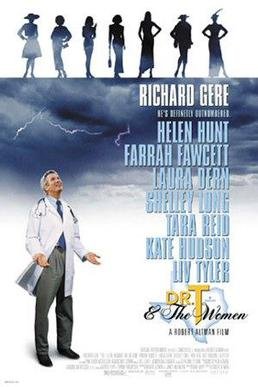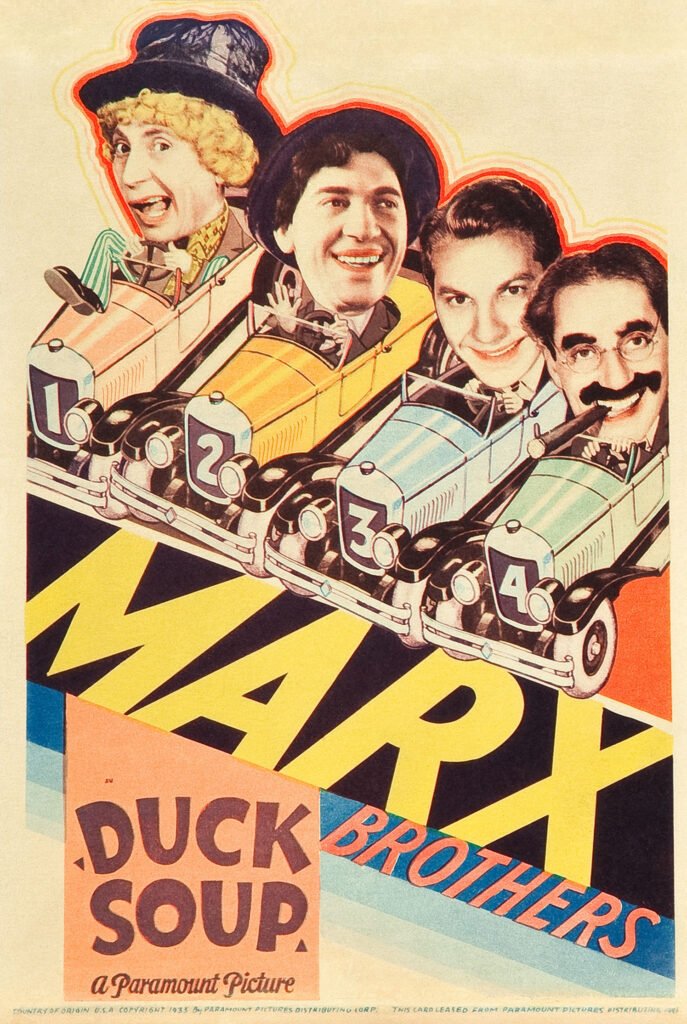
| Field | Details |
|---|---|
| Movie Name | Innocence (2000) |
| Director | Lucile Hadžihalilović |
| Writer | Lucile Hadžihalilović |
| Lead Actor | Marion Cotillard |
| Cast | Marion Cotillard, Arta Dobroshi, Roxane Duran, Anaïs de Courson, Lou Doillon |
| Genre | Drama, Mystery |
| Release Date | September 10, 2000 (France) |
| Duration | 1h 40m (100 min) |
| Budget | ~$3 million (estimated) |
| Language | French |
| IMDb Rating | 6.8/10 |
Innocence (2000)
The most amazing thing about Paul Cox’s Innocence is how unlike a movie it is. I mean that as the highest compliment. If most studios were to profile an elderly couple who rekindle a 40 year old romance, I’d want to run and hide. The sex scenes would be handled as a farce, producers would shed 20 years off the characters’ ages (so Susan Sarandon and Harrison Ford could star) and true love would shine through any obstacle without explanation and consequence.
Along with a charming romantic story, the Australian/Belgian Innocence shows how an increasing sense of mortality combined with revisiting the past while being entrenched in the present can make something that seems so right seem downright questionable.
The romance gets started when former musician Andreas (Charles “Bud” Tingwell), learns that his true love, Claire (Julia Blake), lives nearby. They decide to catch up on old times, but soon find themselves in a reinvigorating affair. Complicating matters is Andreas’ frail health, and Claire’s longtime husband (Terry Norris), who can’t understand why he’s suddenly become obsolete.
In my mind, the movie is less about the relationship between Andreas and Claire, than the feelings of everyone involved. John, Claire’s husband, endlessly questions what he did wrong. Claire initially insists she’s a grown up, but admittedly behaves like a child, a prospect that thrills and disappoints her. Andreas, an agnostic, begins to question his fate, a message Cox delivers in a memorable dream sequence.
Cox litters the movie with flashbacks, including the repeated vision of a roaring train. It’s a reminder of Andreas and Claire’s past love (as young lovers, they met by train), but as it recurs, we get the feeling that the past and the present have clashed. A pall is cast on the whole affair.
A master of the understated, Cox strings together a series of memorable moments. In Andreas’ dream sequence, amidst the roar of the train and conversations, we get the whole picture of Andreas and Claire’s love. We also get glimpses into John and Claire’s relationship. During a silent candlelit dinner shortly afterward, Claire admits to John about her indiscretion, telling more than any monologue could. All that’s heard is the scraping of forks against plates.
The characters are unlike anything I’ve seen they’re people. So many times, movies and especially television portray senior citizens as gratingly spunky. Or they’re reduced to comedic buffoons. Ordinary people with a pile of emotions, Claire and Andreas aren’t sure what the next step is. They do want to be happy, which consists of an entirely different set of conditions than what they’ve known throughout their adult lives.
Bravo to Cox, who wrote the script, for not making John a monster, so that Claire’s affair is automatically justified. Norris is so effective as John that he makes Andreas and Claire’s love difficult to accept. We feel for him. He’s a decent man. Sure, he may have become complacent, but he never expected this, especially now.
With so much presented to the audience, it’s only expected that the material gets a little drawn out and repetitive, which it does. However, in bringing up tough questions and not offering easy answers, Cox displays a skill and élan isn’t likely to be surpassed by anyone anytime soon.
To watch more movies like Innocence (2000) visit Putlocker.
Also Watch
